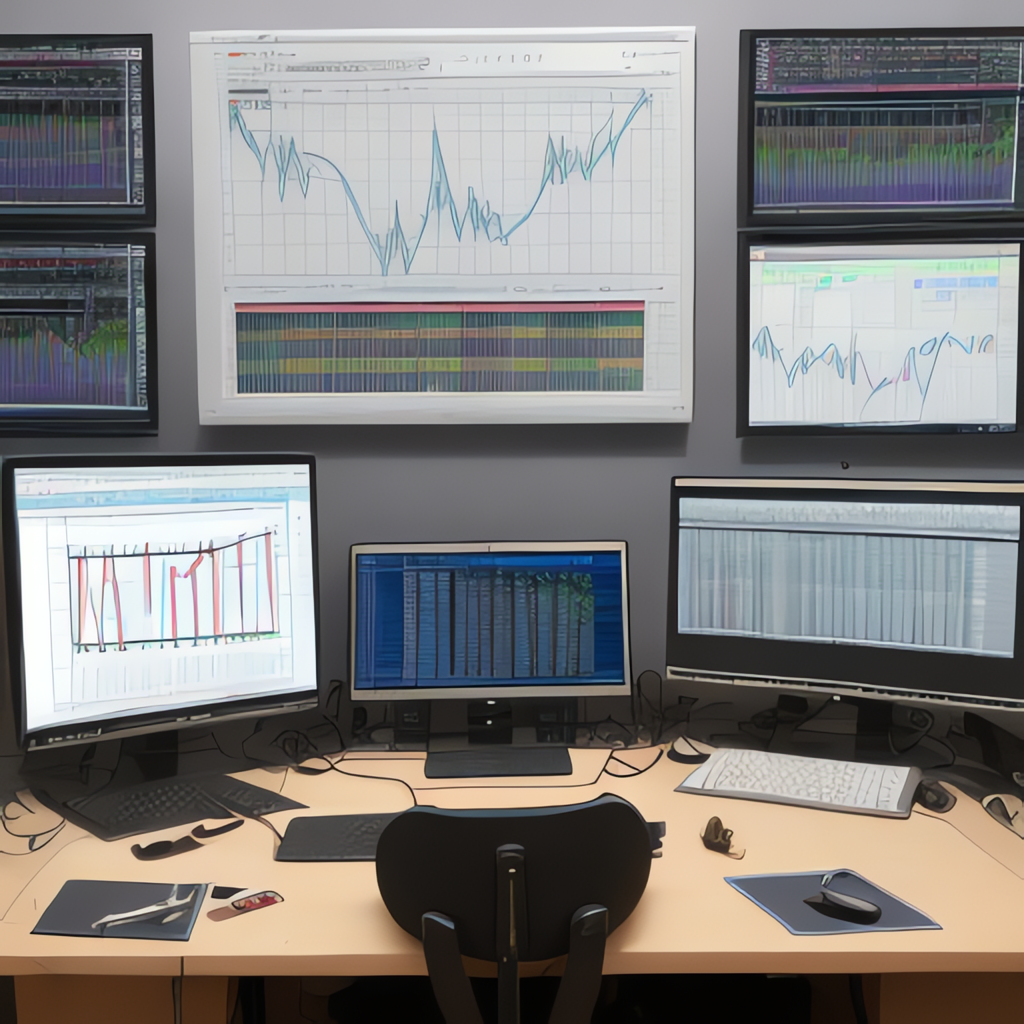Error: 429, {“message”:”Request was rejected due to rate limiting. If you want more, please contact [email protected]”,”data”:null}
Unlocking the Power of Data Visualization: A Comprehensive Guide to Various Chart Types In an era where data is abundant, effective communication becomes the key. Data visualization is the act of taking raw data and presenting it in a more digestible and understandable format. Different types of charts serve distinct purposes and each has its own unique way of showing information. From the more traditional bar charts, line charts, and pie charts to more innovative options such as sunburst charts and Sankey diagrams, an array of chart types are available for data storytellers. Exploring this article, you will embark on a journey through various chart types. We will delve into the world of bar charts, revealing their simplicity in comparison and their utility in discrete data representation. Dive into the dynamic world of line charts, discovering their profound capability in revealing trends over time. Next up, area charts will unveil their secrets of showing magnitude changes along the x-axis, while stacked area charts will demonstrate your data’s parts and whole simultaneously. Column charts, a close relative of the bar charts, will be examined next, offering insights into how they handle large data sets. Polar bar charts, with their circular spin, will add a unique perspective to the data landscape. Pie charts, often criticized for their limited ability, will be explored in their rightful context, especially for showing proportions. Yet, for more complex and detailed proportions, we introduce you to the circular pie charts. From there, rose charts will showcase data in a radial fashion, adding a beautiful angle to data presentation. Radar charts, with their unique ability to compare multiple quantitative variables, will be introduced next. Moving onto the beef distribution charts, a specialized chart type in understanding distribution spread visually. Organ charts provide structure to hierarchical data, while connection maps illuminate the relationships within complex networks. Sunburst charts will display hierarchical data in a radial manner, offering a depth of visualization not found elsewhere. The journey doesn’t end there as we delve into Sankey charts that excel in illustrating flows and distributions of quantities through nodes. Finally, word clouds will be introduced as a visually impactful way of presenting frequency or importance. This comprehensive guide is an invaluable resource for data enthusiasts, analysts, and decision-makers looking to leverage the power of data visualization. Whether your interest lies in the interpretability of data or enhancing the visual narrative for a compelling presentation, this article provides both insights and practical knowledge that will help you choose the right type of chart based on your data and the story you aim to tell.
3D area charts 3D circular pie charts 3D pie chart examples advanced Sankey charts anatomical organ charts animated polar bar charts area charts artistic word clouds Bar Charts beef chart tools beef distribution charts best bar chart tools best pie chart makers best radar chart creators ChartStudio circular pie charts colorful rose charts column chart creators column chart software column charts comprehensive radar charts connection map creators connection maps contact custom column charts custom word clouds customizable column charts data connection maps data visualization bar charts detailed radar charts distribution beef charts due dynamic line charts dynamic sunburst charts Error flow Sankey charts interactive bar charts interactive connection maps interactive pie charts layered stacked area charts limiting line chart software line charts medical organ charts message multi-layer stacked area charts organ chart software organ charts please polar bar chart examples polar bar chart software polar bar charts rate real-time area charts rejected Request responsive line charts rose charts sankey Sankey chart software Sankey charts simple pie charts stacked area chart apps stacked area charts sunburst chart designs sunburst chart tools sunburst charts top area chart tools top rose chart apps visualized beef distribution charts want word cloud generators word clouds
